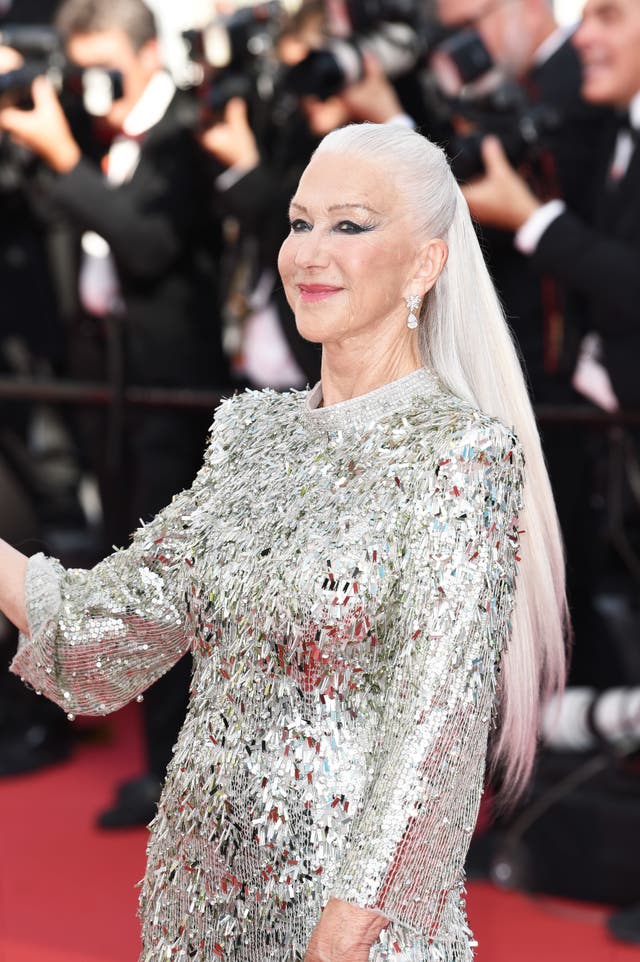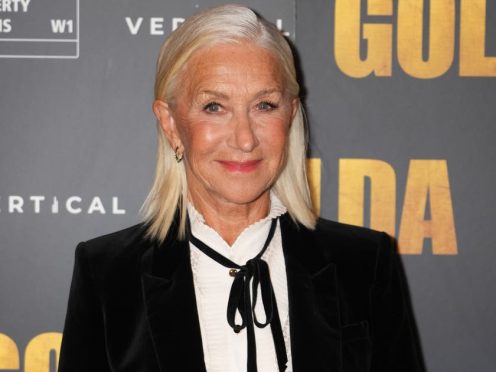Dame Helen Mirren has said she thinks she “can see” why some people are uncomfortable with non-Jewish actors playing Jewish historical figures and said that there is “something offensive” about “assuming a certain physiognomy” to play a particular race.
Dame Helen, 78, plays the former prime minister of Israel, Golda Meir, in upcoming biopic Golda and was asked if she understood the recent backlash Hollywood actor Bradley Cooper faced over wearing a prosthetic nose to portray the American composer Leonard Bernstein in film Maestro.
Speaking on the BBC One programme Sunday With Laura Kuenssberg about whether she can see why people are uncomfortable with what some term “Jew face”, the actress said: “I think I can see, but sometimes I can’t see, because, I can’t see who in this room is Jewish.

“We are all such an amazing mix and certainly I don’t have an issue with Kirk Douglas playing a Viking. Kirk Douglas was Jewish.
“I think the whole question of assuming a certain physiognomy because you’re playing a particular race. There is something offensive about that.
“On the other hand, if you’re playing Leonard Bernstein, and this is really what Leonard Bernstein looked like, you know, maybe it’s a good idea. It’s as I said it’s a very delicate balance.”
Asked if some of Meir’s words and actions were unacceptable – she once said there was “no such thing as Palestinians” – Dame Helen said: “I think that’s true in the context of today’s world, absolutely.
“We are all the product of the society that we grew up in and the world around us and our education and all the rest of it. So yes, absolutely. That’s true.”
Speaking on whether she had had to reconcile with that, Dame Helen added:” I don’t need to be reconciled to that.
“All I’m doing is playing Golda during the period of the Yom Kippur War. And that’s what I’m doing.
“I’m not explaining her or rationalising her or reappraising her. I’m just playing a woman of that age, dealing with that situation.”
The new film focuses on the responsibilities and decisions that Meir, also known as the Iron Lady of Israel, had to make during the Yom Kippur War, an armed conflict fought between Israel and a coalition of Arab states that was launched in 1973.
